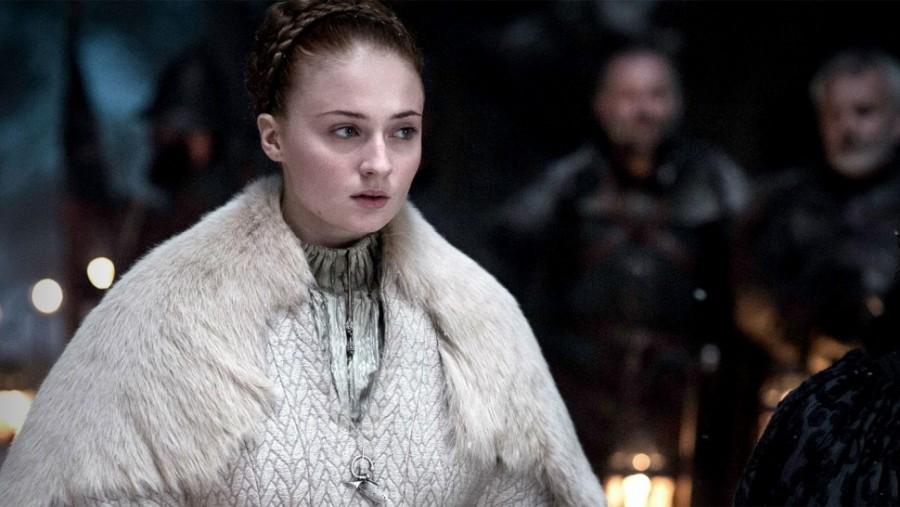“Game of Thrones” is Steeped in Misogyny
In the most recent episode of the popular HBO series “Game of Thrones,” one of the show’s central female characters was sexually assaulted, another incident in the show’s long tradition of devaluing their female characters and using sexual violence for shock value.
The episode, “Unbowed Unbent Unbroken,” focuses around the wedding of Sansa Stark, one of the show’s main characters, to Ramsay Snow, a character notorious for his cruelty. In the earlier seasons of the show, Sansa was trapped in a dangerous, abusive situation, but recent events had brought her to a place of relative safety. This is where she remains in George R.R. Martin’s most recent book of the series the show is based on, “A Song of Ice and Fire.” However, season five of the show placed Sansa into a different story arc occupied by another character in the book series, where she is forced into a marriage with a sadist for political reasons and then raped.
This narrative choice completely erases Sansa’s storyline in favor of one that relies on sensationalism and the suffering of women to drive the plot forward, and does not follow the story arc that was intended for her in the novels. The decision to insert this storyline instead of one where Sansa maintains her autonomy sends the message that the show only cares about women when they are victims, not as independent characters who have their own motivations and plotlines that hinge on more than violence.
Using sexual assault as a plot device has been a recurring theme in “Game of Thrones.” It routinely adds in scenes of rape that were not included in the book series, frequently sexualizes their female characters, and completely omits certain female characters who play important roles in the books, such as Lady Stoneheart and Arianne Martell. Time and time again, they have chosen sensationalist, gratuitous plotlines over those that depict women as multifaceted people in charge of their own destiny. Instead, they continue to strip them of their dignity and subject them to an overwhelming amount of sexual violence, creating a show that is alienating to many female viewers, unfaithful to its source material, and blatant in its misogyny.
Almost none of the assault that takes place on “Game of Thrones” in necessary to drive the plot forward, and different situations could be used to create conflict. When there are so many ways to create character development, heighten tension, and craft an interesting show, depicting violence against women over and over again is simply a sign of lazy writing.
“Game of Thrones” is one of the most popular shows currently on television, and the fact that it consistently employs the degradation of women as a plot device is deeply troubling. The depiction of women as objects to be acted on helps normalize the culture of sexual violence that we live in, and is therefore deeply disrespectful. Seeing sexual assault so frequently on our TV screens regularizes its occurrence to us, when it should be seen as unacceptable and jarring. “A Song of Ice and Fire” has its own problems with how it treats women, but “Game of Thrones” brings it to a whole new level.

